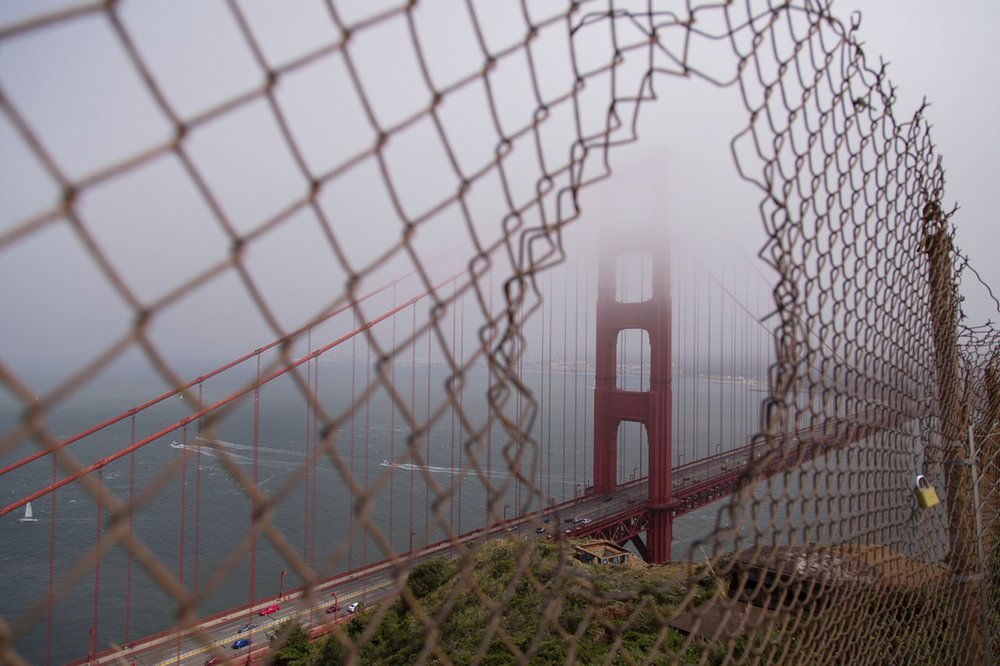The Conversational Frontier

Although we hear a lot about living in a VUCA world the use of the acronym doesn’t help much. What if the contradictions and disquiets we experience are actually the seeds of new possibilities which can only be discovered at the conversational frontier?
A ‘VUCA’ world
You don’t have to go far, these days, in the plethora of writing about managing, leading and organising to find a reference to a ‘VUCA world’. A world characterised by volatility, uncertainty, complexity and ambiguity. At the end of the day this isn’t turning out to be very helpful. Firstly jamming these things into a conglomerate acronym suggests that they are all similar. While there might be family resenblances, they are far from the same. As well, by jamming them together, most author’s end up not describing what they are, let alone what their practical effects might be. In addition there are a range of other related phenomena that don’t rate a mention; paradox, contradictions and double-binds, for example. Finally, an acronym treats everything out of context and therefore theoretically. If the primary question is – how might we respond to this situation, I’m not sure how helpful the acronym is.
In particular I’ve been thinking that any or all of these things, which are, after all, merely labels we give to particular kinds of experience, might not necessarily be all that bad or unhelpful. One perspective suggests, for example, that the contradictions and disquiets that we experience in organisational systems are in fact the seeds of the ongoing possibilities for development and change.
The conversational frontier
The poet David Whyte is fond of saying that the only place where things are real is at the “conversational frontier”. In a recent interview he explained it like this:
I began to realize that the only places where things were actually real was at this frontier between what you think is you and what you think is not you, that whatever you desire of the world will not come to pass exactly as you will like it. But the other mercy is that whatever the world desires of you will also not come to pass, and what actually occurs is this meeting, this frontier. But it’s astonishing how much time human beings spend away from that frontier, abstracting themselves out of their bodies, out of their direct experience, and out of a deeper, broader, and wider possible future that’s waiting for them if they hold the conversation at that frontier level. Half of what’s about to occur is unknown both inside you and outside you.
David Whyte – https://onbeing.org/programs/david-whyte-the-conversational-nature-of-reality-dec2018/
Practice
For me a number of questions arise from this:
- How much time do I spend away from this frontier?
- What can I do to be more consistently at the frontier?
- How would this work with my colleagues, my team and in my organisation?
I’m planning to explore these questions over the next few weeks. For the moment it seems it would be useful to pay attention to when I am and when I am not at the frontier. When I do I plan to ask myself questions like:
- What actually happens there?
- How do I know that’s where I am?
- What do I do intuitively?
- What changes when I notice that’s where I am?
- What, if any, new intentions arise?
- How do others react?
If you find any of this interesting and want to start a conversation please don’t hesitate to contact me.
If you would like me to let you know each time I post something new please sign up here.